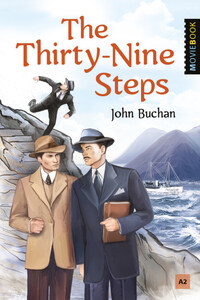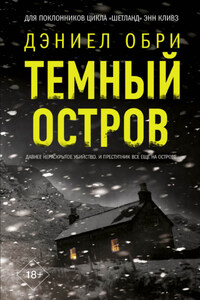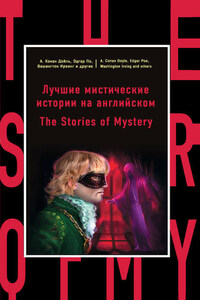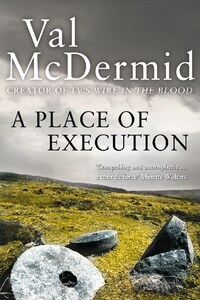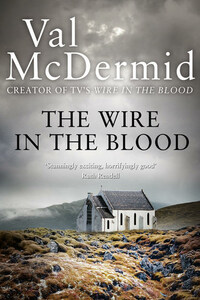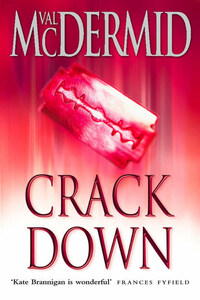This novel is entirely a work of fiction. The names, characters and incidents portrayed in it are the work of the authorâs imagination. Any resemblance to actual persons living or dead, events or localities is entirely coincidental.
HarperCollinsPublishers Ltd. 1 London Bridge Street London SE1 9GF
www.harpercollins.co.uk
First published in Great Britain by HarperCollinsPublishers 1996
Copyright © Val McDermid 1996
The author asserts the moral right to be identified as the author of this work
All rights reserved under International and Pan-American Copyright Conventions. By payment of the required fees, you have been granted the non-exclusive, non-transferable right to access and read the text of this ebook on-screen. No part of this text may be reproduced, transmitted, down-loaded, decompiled, reverse engineered, or stored in or introduced into any information storage and retrieval system, in any form or by any means, whether electronic or mechanical, now known or hereinafter invented, without the express written permission of HarperCollins ebooks
HarperCollinsPublishers has made every reasonable effort to ensure that any picture content and written content in this ebook has been included or removed in accordance with the contractual and technological constraints in operation at the time of publication
Source ISBN: 9780006498315
Ebook Edition © MAY 2009 ISBN: 9780007327577 Version: 2016-09-21
The day Richardâs death announcement appeared in the Manchester Evening Chronicle, I knew I couldnât postpone clearing up the mess any longer. But there was something I had to do first. I stood in the doorway of the living room of the man whoâd been my lover for three years, Polaroid in hand, surveying the chaos. Slowly, I swept the camera lens round the room, carefully recording every detail of the shambles, section by section. This was one time I wasnât prepared to rely on memory. Richard might be gone, but that didnât mean I was going to take any unnecessary risks. Private eyes who do that have as much chance of collecting their pensions as a Robert Maxwell employee.
Once I had a complete chronicle of exactly how things had been left in the room that was a mirror image of my own bungalow next door, I started my mammoth task. First, I sorted things into piles: books, magazines, CDs, tapes, promo videos, the detritus of a rock journalistâs life. Then I arranged them. Books, alphabetically, on the shelf unit. CDs ditto. The tapes I stacked in the storage unit Richard had bought for the purpose one Sunday when Iâd managed to drag him round Ikea, the 1990s equivalent of buying an engagement ring. Iâd even put the cabinet together for him, but heâd never got into the habit of using it, preferring the haphazard stacks and heaps strewn all over the floor. I buried the surge of emotion that came with the memory and carried on doggedly. The magazines I shoved out of sight in the conservatory that runs along the back of both our houses, linking them together more firmly than weâd ever been prepared to do in any formal sense with our lives. I leaned against the wall and looked around the room. When people say, âItâs a dirty job, but somebodyâs got to do it,â how come we never really believe weâll be the ones left clutching the sticky end? I sighed and forced myself on. I emptied ashtrays of the roaches left from Richardâs joints, gathered together pens and pencils and stuffed them into the sawn-off Sapporo beer can heâd used for the purpose for as long as Iâd known him. I picked up the assorted notepads, sheets of scrap paper and envelopes where heâd scribbled down vital phone numbers and quotes, careful not to render them any more disordered than they were already, and took them through to the room he used as his office when it wasnât occupied by his nine-year-old son Davy on one of his regular visits. I dumped them on the desk on top of a remarkably similar-looking pile already there.
Back in the living room, I was amazed by the effect. It almost looked like a room I could sit comfortably in. Cleared of the usual junk, it was possible to see the pattern on the elderly Moroccan rug that covered most of the floor and the sofas could for once accommodate the five people they were designed for. I realized for the first time that the coffee table had a central panel of glass. Iâd been trying for ages to get him to put the room into something approaching a civilized state, but heâd always resisted me. Even though Iâd finally got my own way, I canât say it made me happy. But then, I couldnât get out of my mind the reason behind what I was doing here, and what lay ahead. The announcement of Richardâs death was only the beginning of a chain of events that would be a hell of a lot more testing than tidying a room.





